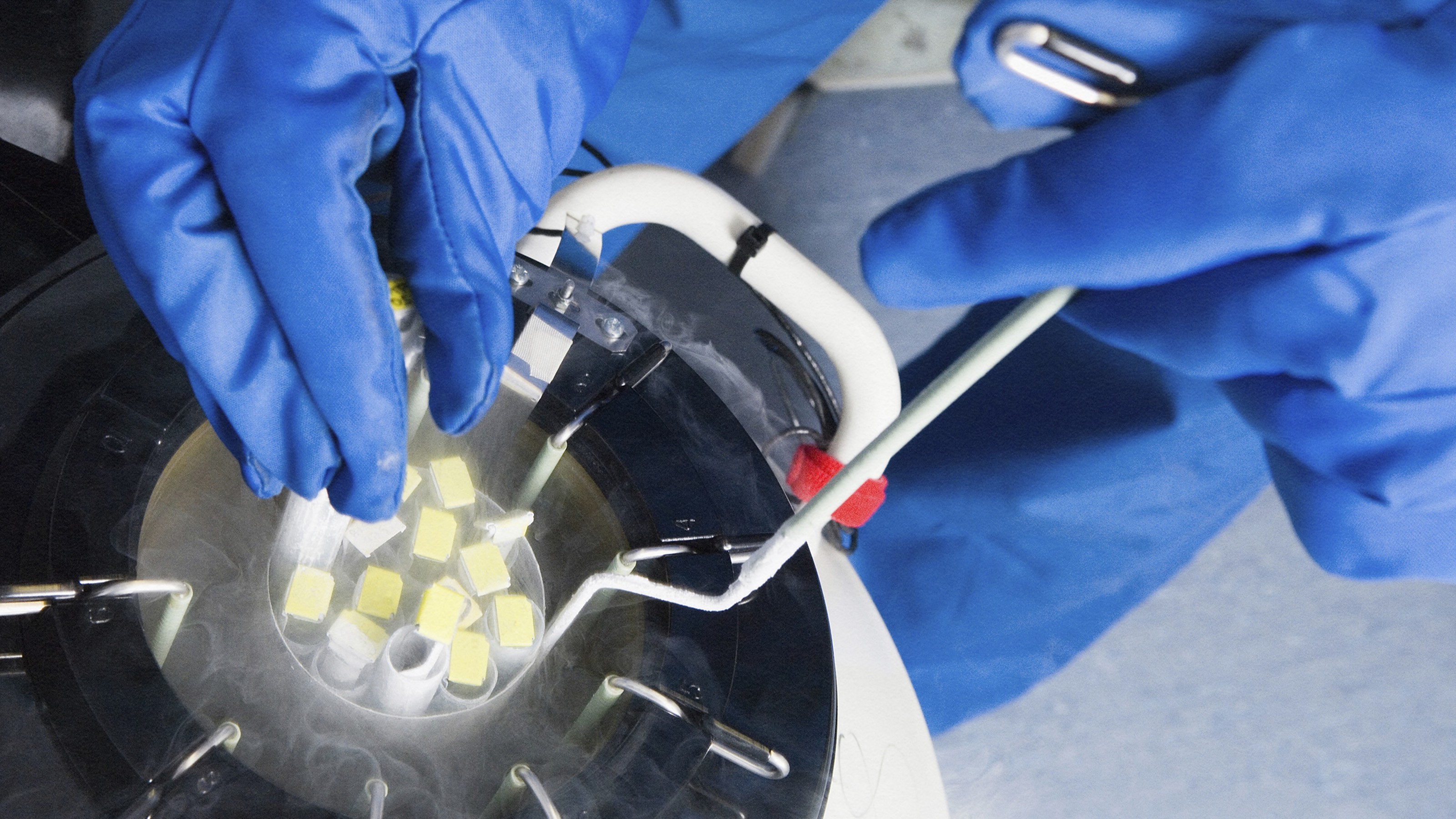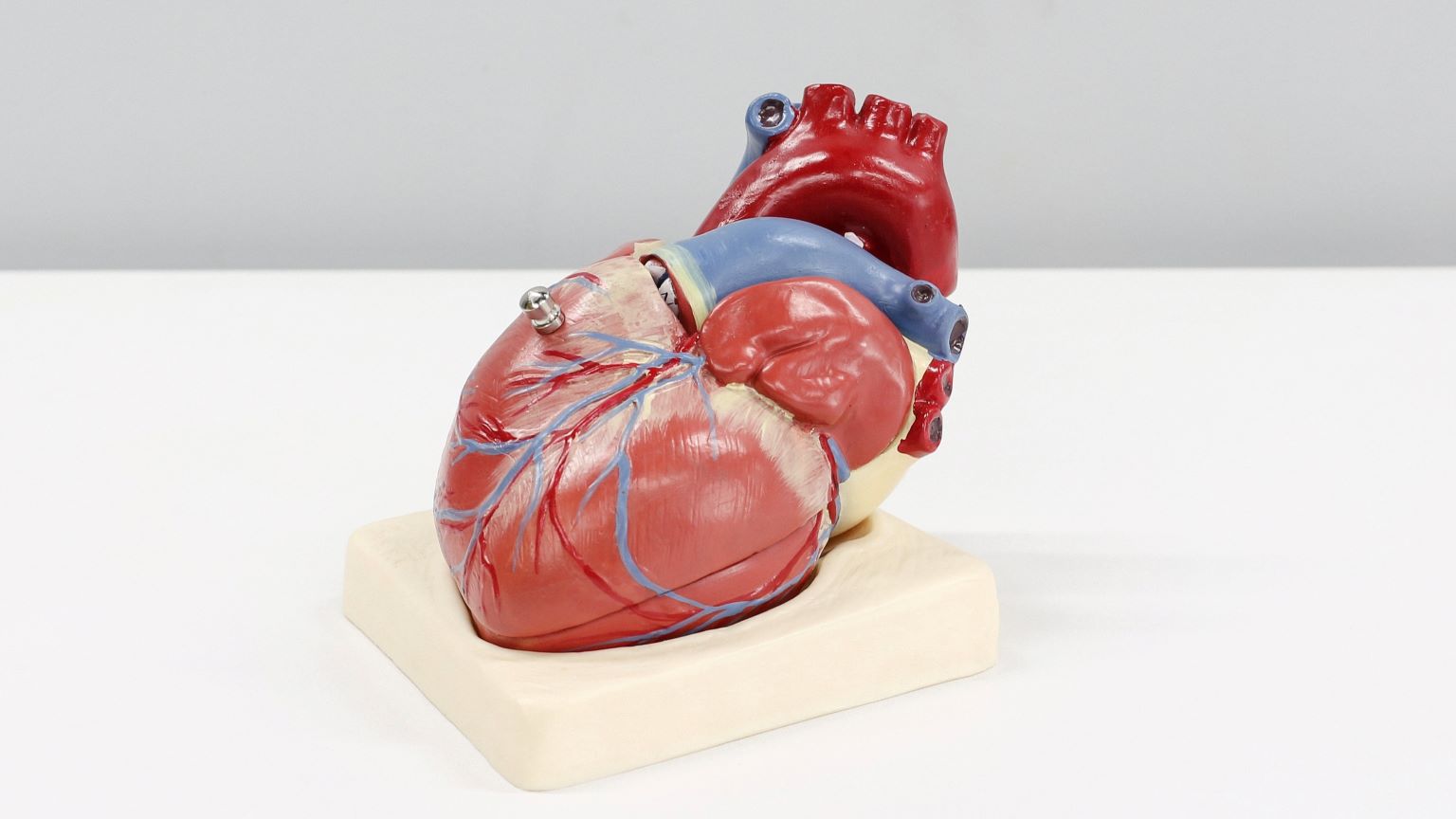Study suggests sperm donation, like organs, should be allowed post-mortem

Photo by Lina White on Unsplash
- Many parts of the world are suffering from a shortage of sperm donors due to the high bar for acceptance and varying laws regarding donor anonymity.
- A recent article suggested that, as a solution, we should consider allowing men to opt-in to posthumous sperm donation, much like men and women do for organ donation.
- It’s technically feasible, but how would we navigate the complex ethical and legal issues surrounding such a proposal?
Can, and should, dead men procreate? Yes and yes, says a recent article published in the Journal of Medical Ethics.
The UK is facing a sperm donor crisis. According to the article, UK sperm banks only take on a few hundred new donors per year, forcing them to import thousands of sperm samples from the U.S. and Denmark, which dominate the global market for sperm donations due to their high supply.
These countries have a high supply of sperm primarily because of laws and regulations protecting the donor’s anonymity — in the UK, for instance, babies born from sperm donations are permitted to contact their biological father after they turn 18, an emotional confrontation that dissuades many from donating. In fact, in a 2016 study based in the U.S., 29 percent of current donors said they would have refused to donate if they could not be anonymous.
How can we increase the supply of sperm donors while simultaneously shielding donors from a potentially life-upending confrontation and providing children with the right to know their own ancestry? Allow for post-mortem sperm donations. Men could opt-in to become sperm donors after their death, just like they do as organ donors. So long as they were collected no longer than 48 hours after death, sperm could be collected via surgery or electrical stimulation of the prostate and be frozen for later use.
“If it is morally acceptable that individuals can donate their tissues to relieve the suffering of others in ‘life-enhancing transplants’ for diseases,” wrote the article authors, “we see no reason this cannot be extended to other forms of suffering like infertility.”
A legal and ethical quandary?
As it turns out, this idea isn’t all that new. The first posthumous sperm retrieval occurred in 1980 after a 30-year-old man suffered a fatal brain injury in a car accident. His family requested that his sperm be preserved, which was done through surgery soon after he had been declared dead.
There have been numerous postmortem sperm retrievals since then, but they’ve always existed in a legal grey area. For instance, in 1997, a UK man named Stephen Blood caught meningitis, collapsed into a coma, and died soon after. His wife, Diane Blood, had requested that doctors extract two samples of semen from Mr. Blood.
However, the UK’s Human Fertilisation and Embryology Authority had forbidden Mrs. Blood from using those samples to become pregnant, as Mr. Blood had passed away prior to giving written consent to the procedure. In the UK posthumous sperm donation is illegal without written consent. After an appeal, Mrs. Blood was permitted to seek fertility treatment outside of the UK and later gave birth to a son.
Other countries, such as France, Germany, and Taiwan, have a full ban on posthumous fertilization. At the same time, countries like the U.S. and Belgium have no legislation on the subject whatsoever. Given the complex legal, ethical, and medical nature of posthumous fertilization, this range of legislative response is not unexpected. For example, is it ethical to collect sperm from an individual who never wanted to procreate in a country where the young population is dwindling and sperm donors are in short supply? Such is the case in many parts of the UK Is it reasonable to collect sperm from donors who have died and who are, by extension, more likely to be older and with less healthy sperm? Is the offspring of a deceased sperm donor considered to be the donor’s legal heir?
These and other issues muddy the waters for countries when crafting policies around posthumous sperm donation. However, the authors of the recent Journal of Medical Ethics article argue that allowing for this procedure is at the very least ethically permissible and likely beneficial for society at large.
“The ability to reproduce matters to people and donated sperm enables many people to fulfill their reproductive desires,” write the authors. “It is both feasible and morally permissible for men to volunteer their sperm to be donated to strangers after death in order to ensure sufficient quantities of sperm with desired qualities.”





